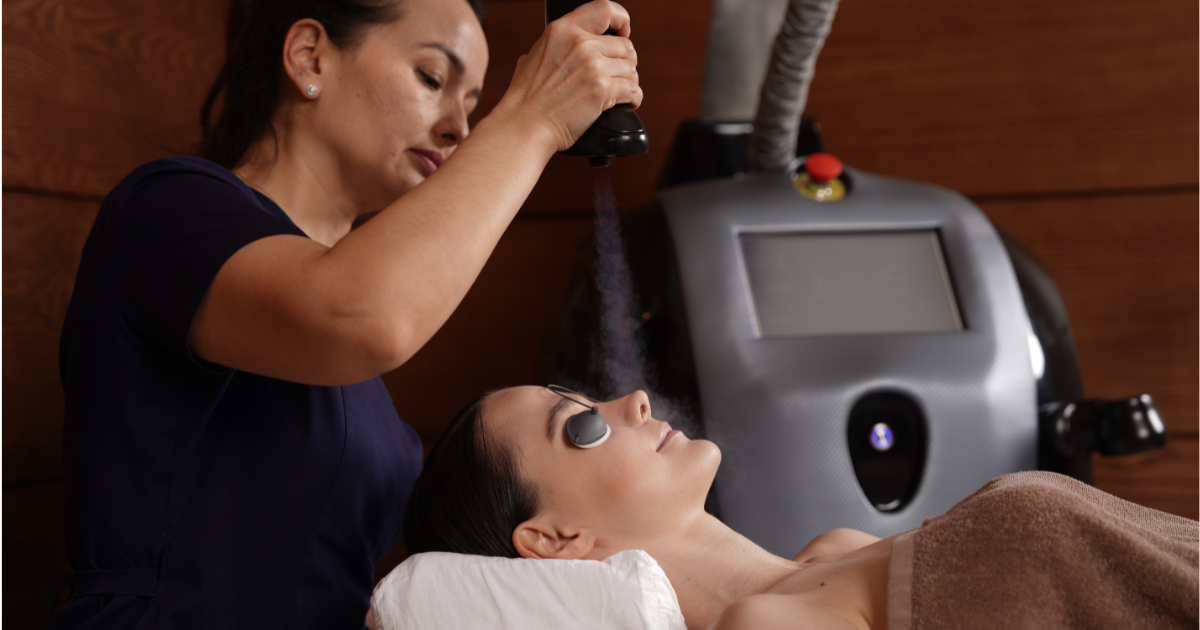Self-acceptance – the foundation of a harmonious life
How to love yourself and stop depending on others’ opinions

We often chase after an ideal shaped by social media, glossy magazines, and others’ expectations. In the race to become the “best version of ourselves,” we sometimes lose sight of what we truly want. Self-acceptance is the ability to see your authentic self, with all your strengths and imperfections, and treat yourself with care and love.
The ELLE O‘zbekiston editorial team explores why self-acceptance matters and how it helps us become kinder to ourselves.
What does it mean to accept yourself?
Self-acceptance is the ability to see yourself as a whole, not only through your strengths but also with all your flaws, mistakes, and vulnerabilities. It may seem like accepting yourself means giving up on personal growth – after all, if I accept myself as I am, why should I change?
In fact, the concept of self-acceptance stands for the opposite. Accepting yourself isn’t about permissiveness or lack of ambition – it’s about honest, kind regard for yourself without constant self-criticism. Psychologist Kristin Neff, a leading expert on self-acceptance, emphasizes that it’s closely linked to self-compassion – the ability to support yourself in hard times the same way you would support a loved one.
When we develop this quality, we become more resilient to stress, less dependent on external approval, and more capable of caring for ourselves. These skills allow us to grow and evolve in a healthier way. In a world that constantly compares us and pressures us to fit certain molds, self-acceptance becomes an act of inner freedom and emotional maturity. It’s also the first step toward personal development, because only by allowing ourselves to make mistakes and try new things can we keep moving forward despite doubt and fear.

Source: Tima Miroshnichenko, pexels
First steps toward self-acceptance
It is worth remembering that self-acceptance is not a one-time realization – it’s a skill that develops with practice, patience, and kindness towards yourself.
You can begin your self-acceptance journey with mindfulness and a softer approach to yourself. Below is a step-by-step guide based on the work of Carl Rogers, Kristin Neff, and other psychologists in the field:
- Recognize your inner critic
Start by observing how often you criticize yourself, compare yourself to others, or dismiss your own feelings. The inner critic often speaks automatically – learning to identify that voice is the first step to change.
- Replace criticism with compassion
In a tough moment, ask yourself: “What would I say to a friend (or my mom, sister, or someone I love) if they felt this way?” Try to speak to yourself gently and supportively – the way you would to someone you deeply care about. - Allow yourself to be imperfect
Accept that mistakes, flaws, and vulnerabilities are part of being human. They make us real. Every person is unique — use your uniqueness as a strength, a source for further development, not a reason for self-judgment. - Keep a self-acceptance journal
Every day, write down a few things you appreciate about yourself – a personal quality, a small action, a kind decision. This helps shift your focus to what matters and reminds you of your value. - Pay attention to your needs
Ask yourself, “What do I need right now?” Take time to reflect. The answers might be: rest, support, space, or personal boundaries. Self-acceptance includes not only growth but also care and attention. - Practice mindfulness
Learn to observe your thoughts and emotions without judgment. Remember – what you feel and think often stems from your life context. Recognizing this helps reduce automatic reactions and fosters deeper self-understanding. - Be patient with yourself
Self-acceptance isn’t a single action – it’s a journey. Along the way, you may face fear and doubt, and that’s normal. What matters is coming back to yourself again and again, with patience and compassion.
Source: Artem Podrez, pexels


